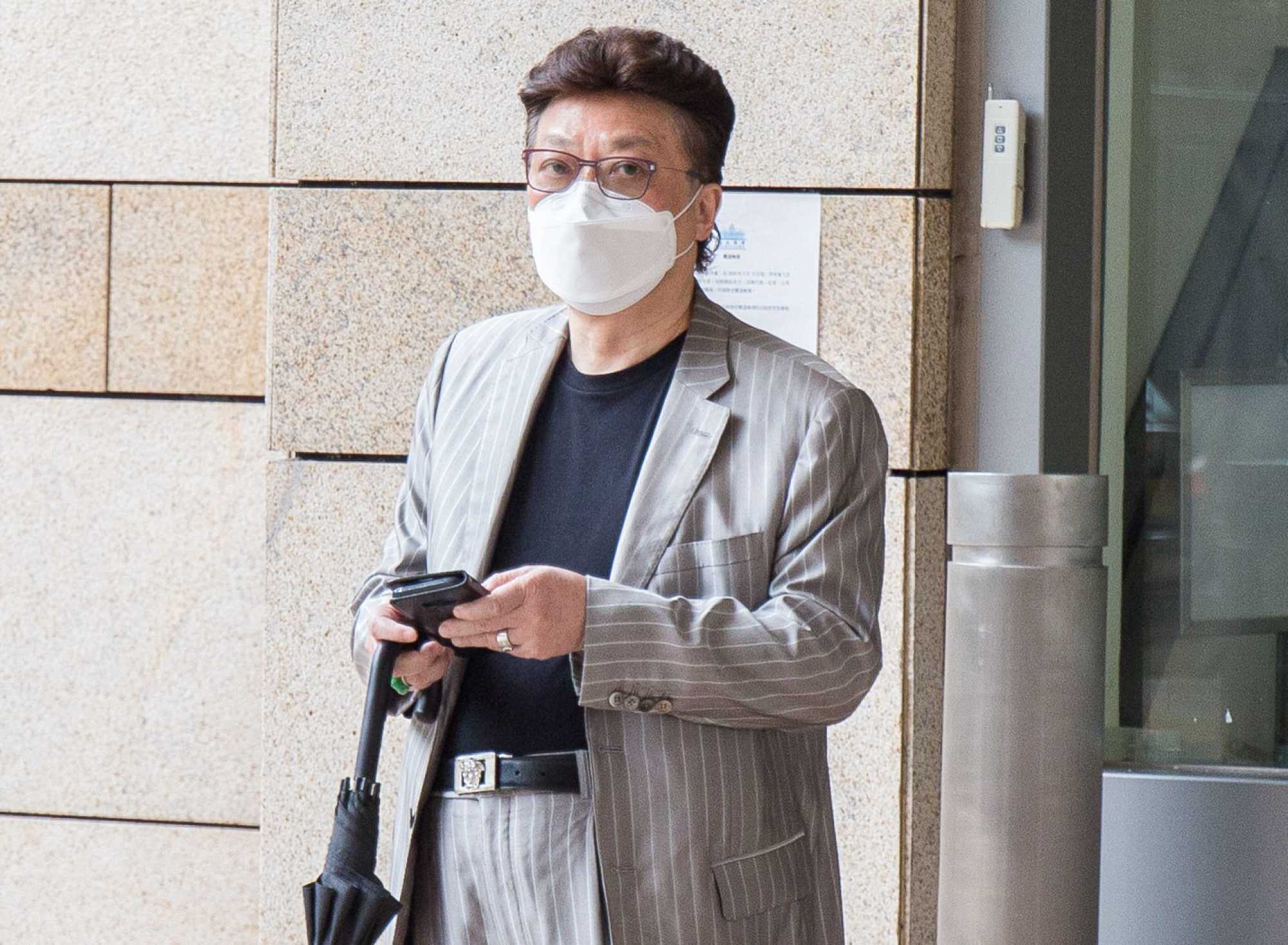The owner of a domestic worker agency has denied any wrongdoing over the death of a helper in Hong Kong amid allegations she was overworked, telling the Coroner’s Court he had discarded most of the written records concerning the deceased.
Appearing at an inquest into the death of Leonita Arcillas Quinto on Thursday, her agent, Sunny Li Wai-hong, said he had offered “meticulous care” to every domestic helper since he joined the profession a decade ago.
But he acknowledged that his company, Popular Employment Services, had not kept a copy of Quinto’s medical report and job-related documents as the agency did not have such a practice.
The 46-year-old Filipino woman died on April 4, 2017, after her employer found her unresponsive on her bed, less than four months after she arrived in Hong Kong.
Quinto, who had previously worked in Bahrain and Singapore, was employed by Rachel Wong Sing-yung and her family of four in December 2016. The helper developed symptoms of an upper respiratory infection a few days after beginning her new job at the family’s residence in Mei Foo Sun Chuen in Kowloon, but no significant medical findings were made after three consultation sessions at a private clinic.
The court heard on Tuesday that Quinto had come to realise that Wong had been blacklisted by several agencies due to repeated complaints from other domestic helpers.
The 46-year-old complained to Li just one month after starting the new job that she was required to work long hours, had been abused and was underfed. Quinto later gave one month’s notice on March 19, 2017, to terminate her contract, before her death on April 4.
Her younger sister, Imelda Abong Quinto, told the inquest the 46-year-old was asked to start working as early as 3am and could not eat until nighttime when she had completed her tasks. Wong also allegedly barred her from using the toilet even when she was menstruating.
Wong, who emigrated overseas with her family members in January and is absent from the proceedings, said in a police statement that she was “satisfied” with Leonita Arcillas Quinto’s performance.

But Li provided a different account when the inquiry resumed on Thursday, saying Wong had complained about the helper’s inability to do household chores.
On the day Quinto came to the agency with Wong to ask for the termination of her contract, the latter had yelled and said she could quit if she so wished, according to Li.
The agency owner also said he had no recollection of whether he had double-checked the medical report of Quinto, who had a benign tumour on her left breast and suffered from menstrual migraines, before allowing her to start working.
“I did not know at the time the helper would encounter such misfortune, so I did not keep a record on everything,” Li said.
However, Coroner Stanley Ho Chun-yiu took the agent to task for his company’s lax record keeping.
“You are putting the cart before the horse, Mr Li. You don’t start keeping records only after the helper dies, do you?” Ho said.
Germany's transport minister voiced strong opposition Thursday to plans to ban the sale of new cars with combustion engines across the European Union in 2035, arguing this would discriminate against vehicles powered with synthetic fuels.
EU lawmakers voted Wednesday to back the measure that requires automakers to cut carbon-dioxide emissions by 100% by the middle of the next decade, effectively prohibiting the sale in the 27-nation bloc of new cars powered by gasoline or diesel.
The plan, which still needs to be approved by EU member states, would significantly boost electric vehicles because lawmakers refused to exempt cars powered with synthetic fuels from the ban. It will hurt German automakers, who have focused on powerful and expensive vehicles with combustion engines while falling behind foreign rivals when it comes to electric cars.
“We don't agree with the decisions," German Transport Minister Volker Wissing told reporters in Berlin.
“We want to shape the transformation in a way that is technologically open,” he said. “This includes registering new cars beyond 2035 if they are powered exclusively with synthetic fuels in a climate neutral way.”

Synthetic, or e-fuels, are either refined from plants or manufactured using basic chemical processes and electricity. If the electricity is generated with renewable sources, such as wind or solar, then the fuels are considered ‘climate neutral’ because burning them releases only as much carbon into the atmosphere as was previously removed.
But critics argue that the limited supply of e-fuels should be reserved for those modes of transport where electrification isn't currently feasible, such as airplanes.
Experts at the Institute of Energy and Climate Research in Juelich, Germany, have calculated that a mid-size car running on synthetic fuel would use seven times as much energy as a comparable electric vehicle.
Wissing is under pressure from Germany's powerful auto lobby group VDA, which criticized the EU Parliament's vote as “a decision against innovation and technology.” It is unclear whether his position is shared by the rest of the German government.
No comments:
Post a Comment